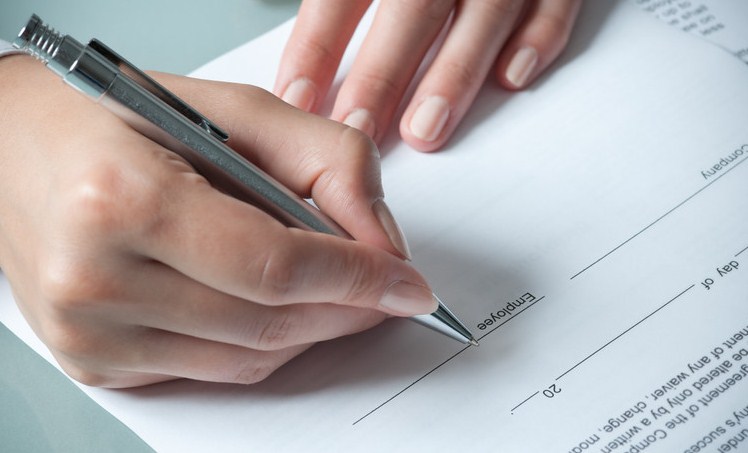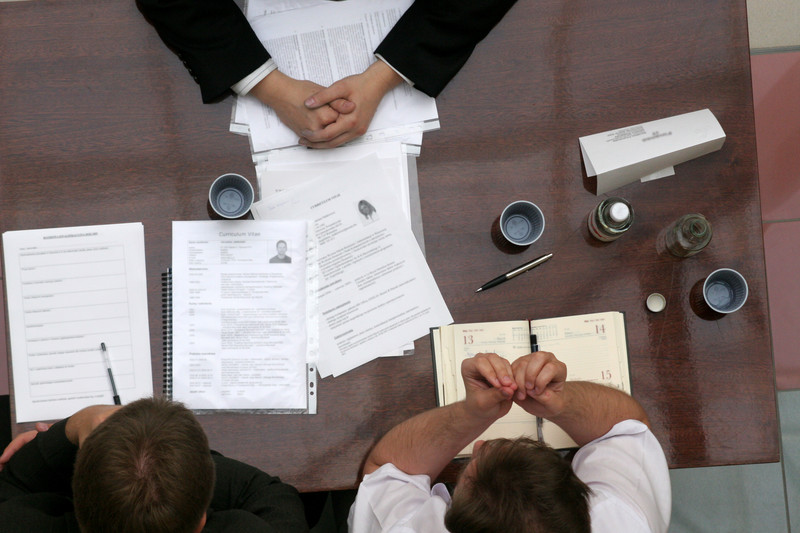The mediation agreement plays a crucial role in the mediation process. It is a way of saying, “This is what we’re all doing here; this is how we have to conduct ourselves; these are the ground rules that we have to agree upon in order to make this work.” What goes into a mediation agreement?
The agreement will look different depending on the context of the mediation. If I were working with a tribunal, for instance, mediation is a step participants take before arbitration. The tribunal might have a boilerplate agreement that both parties have to sign before they can start the process. This is pre-supplied and the terms are not generally negotiable.
Private mediators will draft their own agreements. These are between the parties and the mediator. Despite differences in wording or specifics, the agreement has two main purposes.
- To protect the mediator. What if a mediator is called as a witness in court to testify about what took place in mediation? What if one party wants the court to know something the other part said? What if one party wanted evidence revealed that wouldn’t otherwise be admissible? The mediation agreement has to protect the mediator from having to give evidence or testify. This safeguards the mediator’s neutrality and the confidentiality of the mediation process. When the mediator is protected in this way the parties are also served better by the process because no one can use the mediation to gain an unfair advantage. The mediator also has to be protected in case one or both of the parties doesn’t like the outcome. What if, after the fact, one party decides he/she was pushed into a resolution? The mediator is protected from liability.
- To explain the process. The agreement might talk about mediation as an interest-based mediation, the goal of which is to narrow the issues, identify the problems, figure out what’s really at stake and talk about possible solutions. It would tell parties that the process was consensual and that parties are free to leave any time they choose. Essentially, it will lie out the terms of the process.
Of central importance to the process is confidentiality. Again, if the mediator could be called on to testify or disclose what has happened in mediation, no one would ever say anything! Confidentiality also needs to be established between the parties and the mediation agreement covers this.
The mediation agreement tells participants they are going to be involved in a somewhat flexible process, but one that does have parameters. It is one of the crucial documents involved in mediation and usually gets discussed and signed at the very beginning of the mediation unless there were pre-meetings or when counsel is involved they may have already advised their clients of the meaning of the agreement and obtained a signature.





